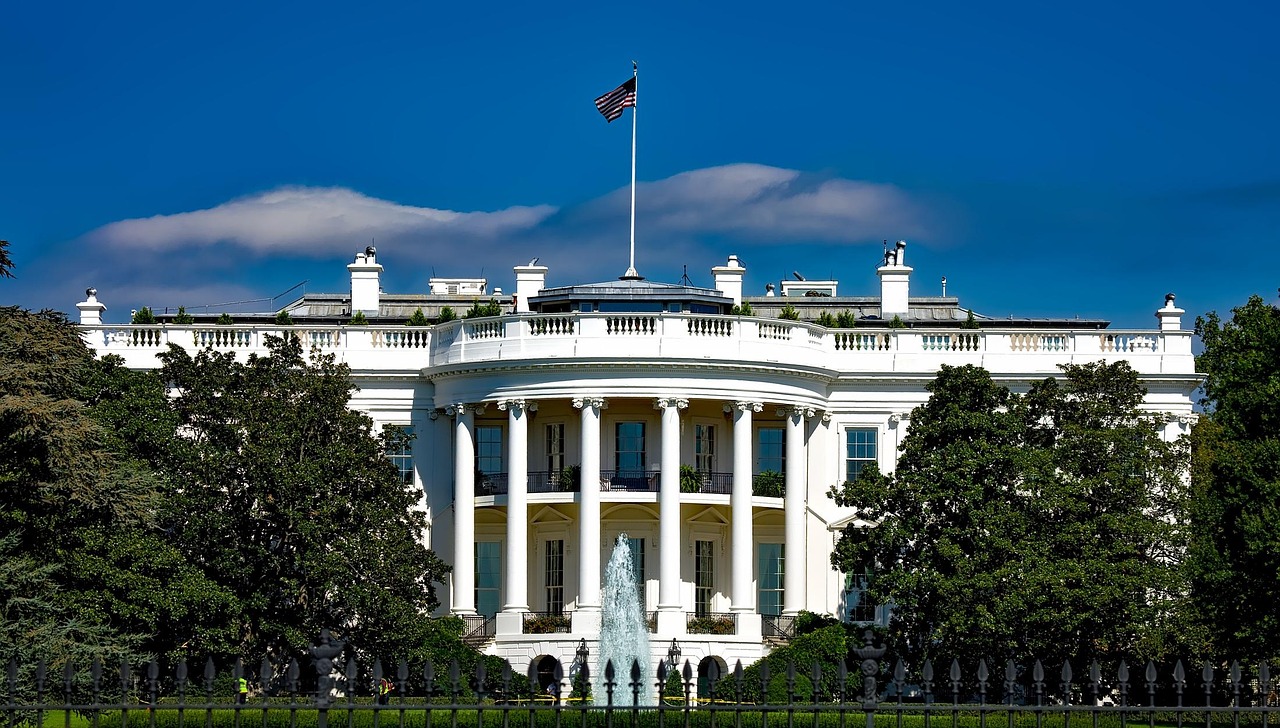
Fixing Brexit’s damage isn’t ‘betrayal’
Every attempt to limit Brexit’s damage is branded a “betrayal” – but it’s the broken promises of 2016 that still haunt Britain, writes Bremain Chair Sue Wilson MBE for Yorkshire Bylines.
Open any right-wing media and you’ll observe the stale and erroneous cry of “Brexit betrayal”. Whether it’s from a former Tory minister, a GB news presenter or an Express ‘journalist’, the sour grapes attitude smacks of irony – a fact the authors seem unable to grasp.
Whether it’s a debate on a customs union, agreement on rejoining Erasmus or plans to ‘get closer’ to the EU, it seems any proposals aimed at limiting the damage of Brexit are fair game.
Customs union bill
In what was claimed as a “historic victory” by LibDem Leader, Ed Davey, a private members bill was narrowly passed on 9 December. The UK-EU customs union (duty to negotiate) bill, described by the Guardian as “tokenistic” and likely to have “no practical impact”, still managed to rattle the Brexiters. Lacking any arguments as to why a democratic parliamentary debate on a bespoke customs union with the EU would be a bad thing, the cries of betrayal rang hollow.
Whether the Brexiters believe it’s the (declining number of) Brexit supporters that are being betrayed, or the whole country, is not always clear – filling in the blanks has never been a Brexiter strongpoint. As to the fact that those advocating leaving the EU swore blind Brexit would not mean leaving the customs union or the single market, it’s clear the country has been betrayed, not just those expressing their outrage.
GB News and the other Farage-backing media are furious that we won the vote on our customs union bill yesterday.
They know they're losing the argument and that the tide is turning.
More and more people back our plans to rebuild Britain's trade with Europe and tackle the cost of living crisis.
— Liberal Democrats (@libdems.org.uk) 10 December 2025 at 11:42
Erasmus+ programme
Following the news that, after months of negotiations, the UK is finally rejoining the Erasmus+ scheme, new cries of betrayal have been voiced. Those voices include the former Tory home secretary, Priti Patel, who claims that Labour are continuing to “betray Brexit” and “have consistently undermined the result of the 2016 referendum”. Patel also accused the government of “throwing away billions of pounds of hard-pressed taxpayers’ money” on rejoining Erasmus.
2025: Priti Patel says Labour adopting Erasmus is a betrayal of Brexit
2020: Priti Patel was Home Secretary when her boss Boris Johnson said Erasmus would not be taken away because of Brexit
— Farrukh (@implausibleblog.bsky.social) 17 December 2025 at 21:52
It would appear that, along with other former Tory minsters and MPs, Patel has forgotten what her former leader, Boris Johnson, promised at the despatch box in January 2020 – that there was “no threat” to the Erasmus scheme. Understandable, I guess, when there were so many misrepresentations of the facts, so many betrayals, so many broken promises. As to the cost, Brexiters seemingly also forget we must now pay non-membership fees for the benefits and opportunities of inclusion in any EU programmes.
Closer ties
Over recent months, the government has changed tack regarding the mention of Brexit, having abandoned their code of silence. Where once the rhetoric was about ‘making Brexit work’, and a ‘reset’ of EU/UK relations, lately the damage of Brexit has been openly discussed, even by the PM and chancellor. Calls for closer ties that would help limit the damage or improve trade, however, are – to Brexiters at least – yet more evidence of a Brexit betrayal.
As Starmer takes baby steps to undo some of the damage of Brexit, the ‘Brexit Betrayal’ narrative is revived. It won’t wash this time! We need to go further and faster back to the heart of Europe! 🇪🇺
— Graham Simpson (@grahambs.bsky.social) 1 December 2025 at 15:18
Whether Brexiters truly believe their cries of betrayal, or whether it’s just more noise from those with no arguments or credibility left, surely it’s time to challenge the rhetoric. While talk of closer ties is welcome, the reluctance of Labour to revisit their red lines, and the snail’s pace of any progress, continues to frustrate. Government’s adherence to the letter of their manifesto – while showing a welcome commitment to promises made – demonstrates an unwillingness to be flexible, even when the situation changes.
There’s no doubt that relations between the UK and the EU have improved since Brexit. Or that the government are committed to strengthening those bonds and working more closely together on common goals. However, an apparent willingness to side with the US could seriously impact any future plans, especially if the government favour American policies and standards over European ones.
Brexiters short of any convincing arguments or facts will continue to cry betrayal at the least provocation. If our government continues to acknowledge the damage of Brexit while simultaneously failing to offer any real solutions, it won’t just be those on the far-right complaining. Those of us of a more ‘woke’ persuasion will be screaming betrayal too!
You can’t take Brexiters seriously any more. None of them.
We should have zero respect for anyone who is happy to turn a blind eye to the damage & losses
The news about Erasmus+ prompted Conservative Shadow Foreign Secretary Priti Patel to fulminate: “Labour continue to betray Brexit.
— Bremain in Spain (@bremaininspain.com) 18 December 2025 at 11:09















